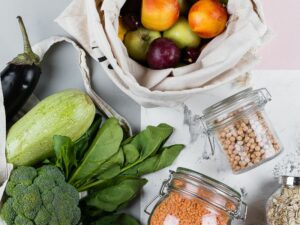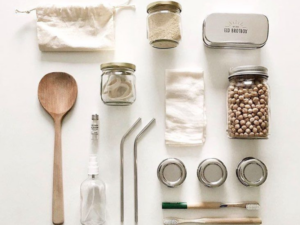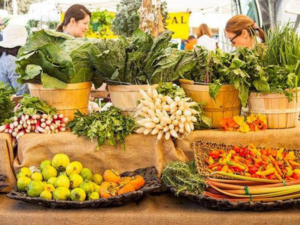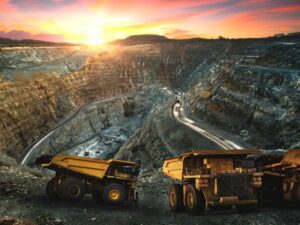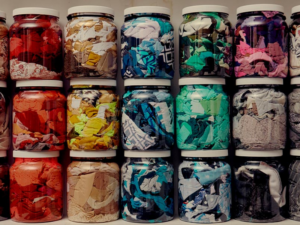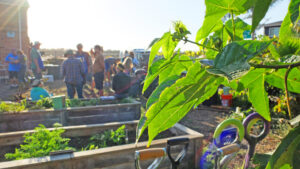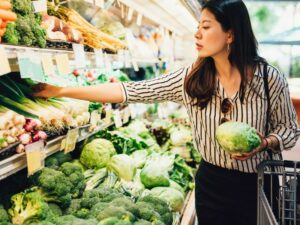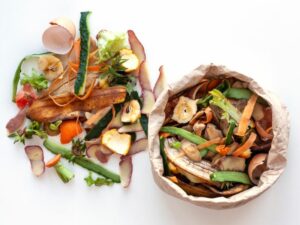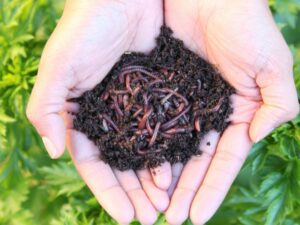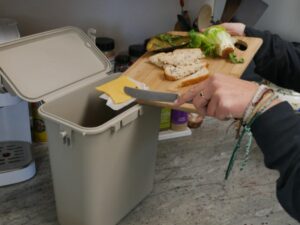Posts by admin
Reuse to Reduce Waste
Reusing items slows the process of take and dispose. Reusing is our main tool to reduce, since the more we reuse what is already there, the less we need. We can reuse materials that were meant to be disposed of, giving them a second life, or we can choose materials that were meant to be…
Read MoreGet Started for Plastic Free July!
Plastic Free July is here! Choosing to refuse and prevent plastic use in everyday living all year round is a great intention. We’re sharing some inspiration all month long to help you get started. Getting started: Start out small with a product audit. Take a look at what you’re buying and trashing and the materials…
Read MoreDon’t Waste Summer’s Bounty!
Summer is officially here! Have you attended your local farmer’s market to check out the seasonal bounty yet? Visiting your local farmer’s market can be a wonderful experience where you get to explore beautiful produce, flowers, and herbs and meet the farmers who are growing them. Purchasing local, seasonal produce also helps your food last longer, supports your community, and is a…
Read MoreUpstream and Downstream Waste Impacts
When we talk about waste we need to consider both the upstream and downstream impacts. Upstream is everything that went into the production of that product before it got to you, the consumer, including the extraction of natural resources, the manufacturing, the transportation, etc. Downstream is everything that happened to that product after you disposed…
Read MoreCommunity Series: Waste Not With Upcycling
One person’s trash has the potential to be another person’s treasure thanks to the powerful process of upcycling! Upcycling is a conventional process in which by-products and other used materials are transformed into something of higher quality or value than the original. This creative reuse process reduces the overall waste footprint, by keeping materials from…
Read MoreCommunity Series: Kickstart Your Summer with a Garden
Wondering how to make the most of your San Diego Summer? We’ve got the answer… a garden! Growing your own food or making the switch to locally sourced foods have both health and environmental benefits. Fruits and vegetables begin to lose their nutritional value as soon as they are picked. In order to meet your…
Read MoreCommunity Series: How to Have a Sustainable Saturday in San Diego
Everyday we make choices in our lives that affect the environment. From where we shop to what we buy, there’s a lot we can do to make the sustainable choice and reduce our environmental footprint. The key to understanding sustainability is to recognize that each action we take affects the world around us. By making…
Read More3 Composting Myths Debunked
Composting is a rewarding practice for so many reasons. It allows you to prevent waste by creating healthy soil, provides organic material to help store more water in the ground, and can even benefit your wallet by decreasing the need for frequent trash pickup. But we’ll be the first to admit that getting started with composting can be intimidating – especially…
Read MoreRotline: Is it possible to have too many worms in my vermicompost bin?
Rotline Question: Is it possible to have too many worms in my vermicompost bin? Answer: Red wiggler worms are amazing in so many ways, and population management is one of them. So, the short answer to the question is “No, you can never have too many worms!” Here’s why:As worms adjust to their home, they…
Read MoreJoin the Kitchen Caddy Challenge!
We’re encouraging you to join the Kitchen Caddy Challenge! Why a Kitchen Caddy Challenge? For even a single day, setting aside the amount of organic food waste you produce in your kitchen into a portable caddy or bowl separate from the trash receptacle can be an eye-opening endeavor. If you commonly throw organic waste such as food scraps or…
Read More
